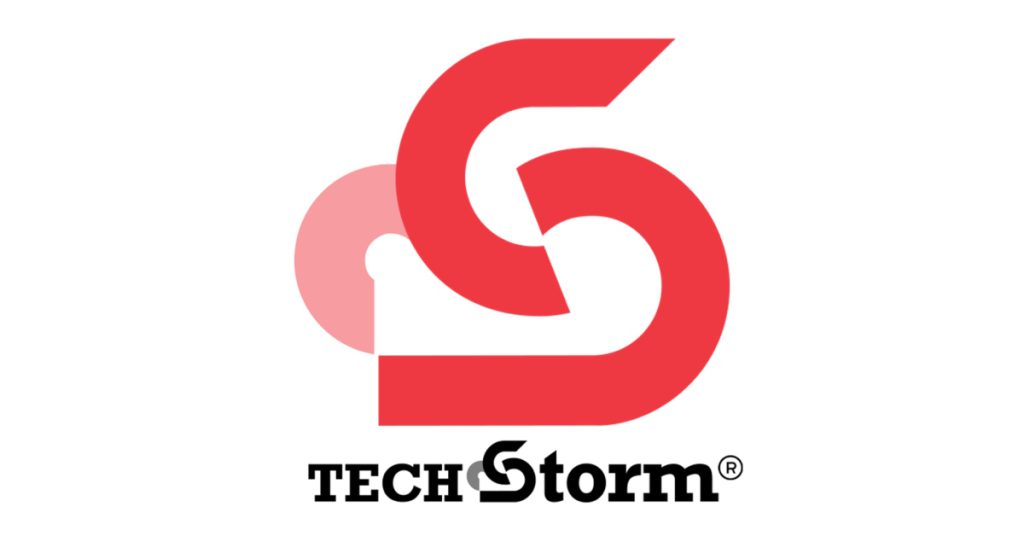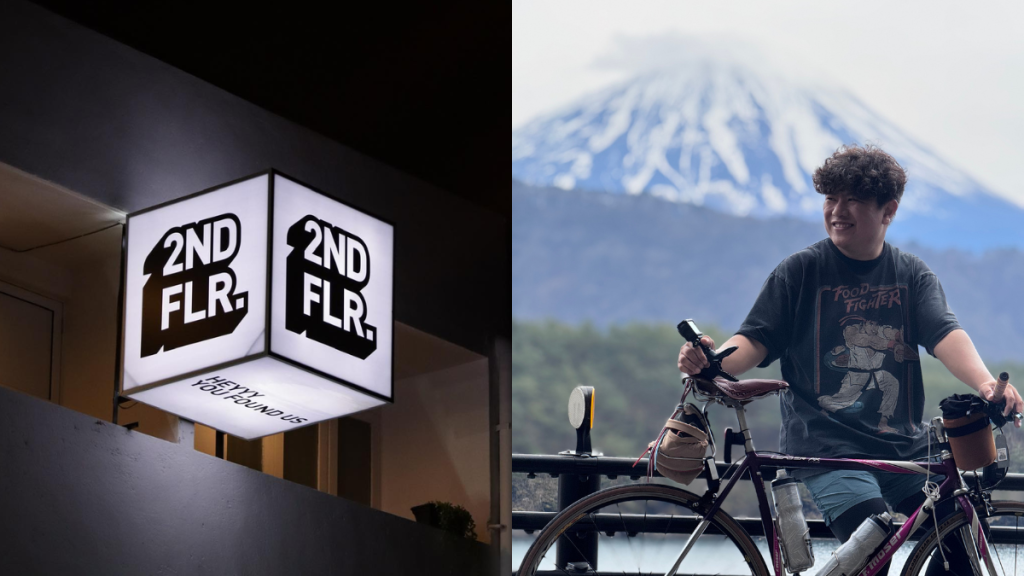Writing for Vulcan Post this year allowed me to bear witness to the scene from a very interesting in-between perspective. I’ve seen the ups and downs of the startup scene here—the good and the bad.
So based on our own circle of attention, relive the year of 2017 with us: startup edition.
We like listicles, so we put the 2017 startup scene into one just for you.
And the first trend of the year was…
1. Equity crowdfunding growing from strength to strength.

As we predicted, 2017 was the year that equity crowdfunding became a whole lot more mainstream in Malaysia. E-commerce site Babydash has certainly got a lot to shout about from their equity crowdfunding bid. Venue-booking platform VMOalso saw equity crowdfunding success to the tune of RM500,000. SalesCandy became PitchIN’s 10th success of the year by raising RM12 million.
PurelyB shot for top crowdfunded startup and hit its minimum amount by opening just to its members.
While the option to crowdfund has always existed before, 2017 has totally legitimised equity crowdfunding as a viable option for startups to raise funds in Malaysia. Hey, 2018’s looking even better.
2. Bashing Uber (not unjustifiably, much of the time)

Uber has had a year.
This year? Susan Fowler’s harrowing account of working in Uber was one of the beginning rumbles that snowballed into the end of Travis Kalanik’s reign as CEO in the company.
In other news came out that Uber had given hackers cash to keep a massive data breach incident quiet.
For Malaysia-specific news, a federal probe revealed potential bad faith: did the government legalise ride-sharing because Uber pumped cash into government bodies? The parties involved have denied these allegations, and investigations are still ongoing.
Then there’s that solid month with disturbing ride-sharing interactions that hit both Uber and Grab. Case after case of molestation, sexual harassment or robbery hit the news, all related to ride-hailing. Things got so bad that SPAD instituted tighter leash on ride-hailing.
3. Health startups seeing more partnerships and expansion.

They may not have launched in Malaysia, but oh boy. Health startups have gotten a massive injection into Malaysia this year.
In fact, there are so many that we once wondered: why the %*&$! does Malaysia need 9 health startups in Malaysia?
Well-known health startups include Doctor2U, GetDoc & BookDoc, and those are just doctor-based ones. PurelyB just concluded a massive fundraising bit this year, while Ashbenimble has pivoted into a health-based content platform instead of activewear.
This isn’t even just about their presence, but expansions as well. Throughout the year, BookDoc has been running its BookDoc Activ feature, where you get rewarded for the number of steps you take. Meanwhile, Doctor2U now offers on-demand ambulance services as well.
Then again, it’s been said that health startups have been booming in Southeast Asia, so makes sense that Malaysia would get a splash of that action too.
4. The expansion of blockchain into other facets of Fintech.

In other blockchain news, Bitcoin has suddenly become the best investment ever this year.
The rise of Bitcoin’s reputation has gone a long way into increasing blockchain’s own rep.
Therefore, startups that utilises blockchain have been able to get a bit of attention these days, including HelloGold (a startup that allows you to invest gold), the oft-spoken of LuxTag (a startup that helps provide proof of ownership and securing authenticity), and equity crowdfunding platform Ata Plus, which is powered by blockchain.
And it’s not just Bitcoin that’s been seeing interest in terms of cryptocurrency. Malaysia has its very own NEM center, a cryptocurrency that has been described as comparable to Ethereum, yet another hot topic.
5. The accelerated growth of cashless in Malaysia.

When the major banks in Malaysia instituted a large-scale PayWave switch early this year, many Malaysians began living in fear of this mysterious new cashless movement.
These days though, you see banners of Alipay almost everywhere. Card usage is already pretty prevalent in more affluent areas. But more and more Malaysian-made apps are enabling users to buy for goods and services without handing over a single physical sen—your phone will do.
Samsung Pay is still around. We have news of WeChat Pay coming into Malaysia sometime soon, and this is on top of local players like FavePay and the newly minted GrabPay launching their own iterations. This paves the way for newer names like Bayar to take root in Malaysia.
6. Bike sharing’s entry into Malaysia.

Try to go anywhere in Klang Valley these days without seeing a massive array of bicycles left on the roadside.
Singapore-based oBike is the biggest contributor to this in Malaysia, but we have it on good authority that Mobike and ofo aren’t slowing down either.
With how pervasive these services are now in Malaysia, it can be hard for Malaysians to remember that oBike used to talk about having to educate Malaysians about the service just earlier this year.
This wasn’t all good news though. oBike had a bad brush with the government when MBPJ got their bikes off the street and a fine in September.
Nevertheless, it seems like bike sharing is here to stay, and we have 2017 to thank for that in Malaysia.
7. The rise of co-working spaces.

WORQ, Komune, Colony, CO3, Common Ground. That’s not a full list of the co-working spaces that have either popped up this year, are expanding or are amping up their activity.
We’re not quite sure why. They’re not new here, but co-working spaces got a big revival this year.
Thanks to this burst, now Malaysians can choose to work either in “premium” co-working spaces, spaces that charge you the cost of a McD set for a whole day, and everything in between.
It’ll be interesting to observe if the rise of these spaces will impact “traditional” offices. One can hope.
8. More investments into B2B.

News is in: unsexy is the new sexy in investments
Before 2017, it felt like most of the startup ideas that came up appealed to my short-attention-ed lizard brain—B2C startups that would impact me personally.
These days though, it seems like investors are veering away from those “makes-sense” startups to instead pay their monies to businesses that impact other businesses.
Some honourable mentions are the recently-expanded Slurp!,and look—here’s SalesCandy again.
B2B businesses are getting investor attention, and they’re making bank for it.
Of course, MaGIC’s Ashran Dato’ Ghazi and Jonathan Lee have pointed out that this all might just be because these are all mature businesses that may have started out as B2C, but eventually discovered ways to pivot or expand into B2B as they mature.
So if we’re seeing more B2B startups around, can we chalk this up to a maturing startup scene here in Malaysia?
###
That’s the 2017 wrap up for you. Even what looked like an unstoppable giant can fall. Meanwhile, investors are opening up to a new type of startup to throw their money to, and startups are discovering other avenues for crowdfunding.
There isn’t just one way to do a startup here in Malaysia, and at least I think that variety is great for innovation.
Here’s to 2018. May the best startups catch our eye next year.
What other startup trends have you noticed this year? Do let us know in the comments!













